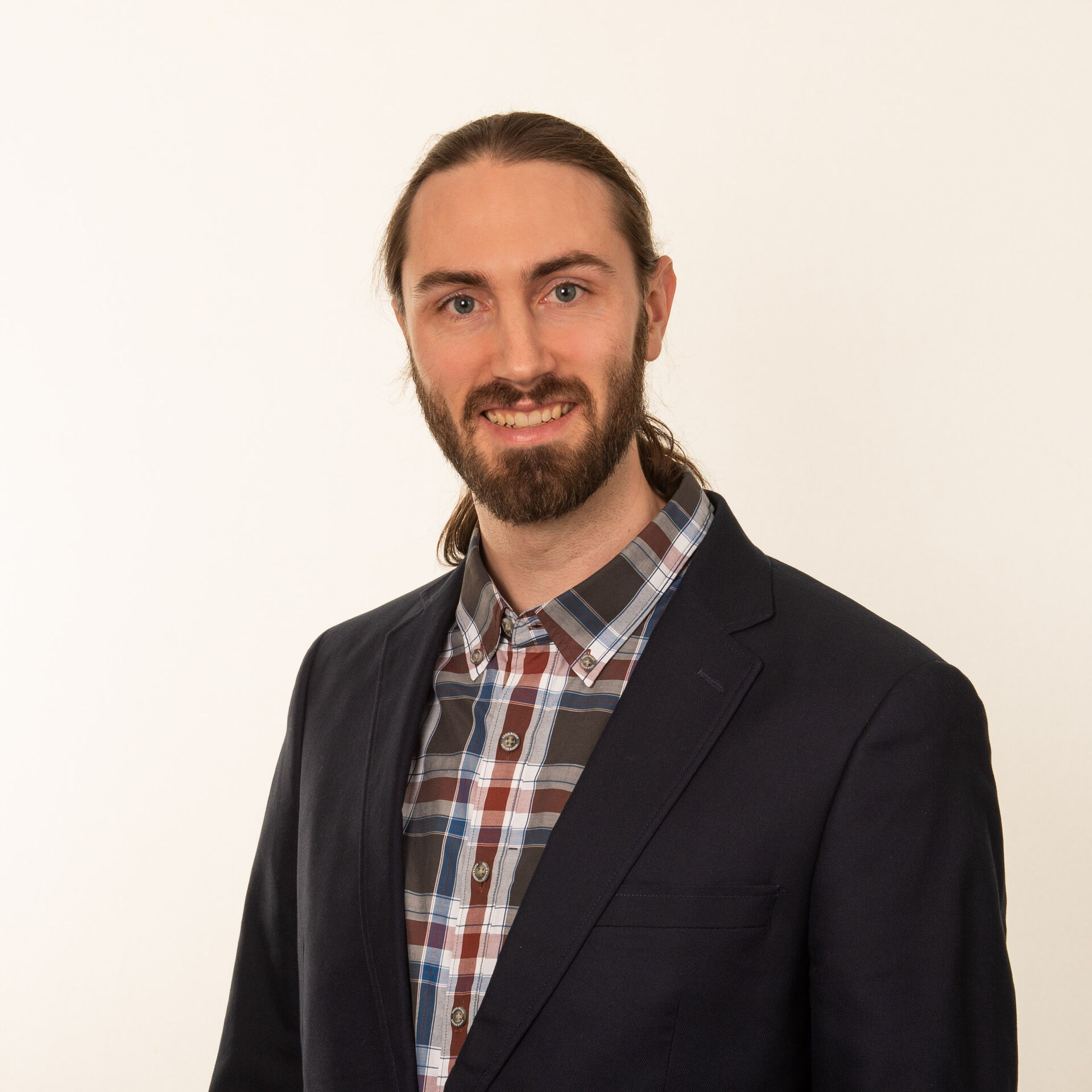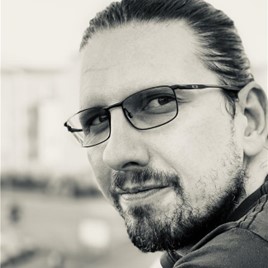Open webinars 2025
Open webinars 2025
Curious about current issues, new tools and methods in IT education?
Join these open seminars for the teaching staff!
Centre for Excellent IT Education, Excited, aims at bringing Norway in the forefront of innovative IT education and making IT an increasingly more attractive study choice for young people. These webinars aim at creating arenas for discussions and reflection among the teaching staff. Each webinar includes a presentation and a Q&A session.
Curious about current issues, new tools and methods in computing education?
Join this open seminar from the SFU Excited Autumn 2025 webinar series for the teaching staff!
Topic: We Are All Cyborgs Now: Teaching Physics with AI
Speaker: Tor Ole Bigton Odden
When: 31 October, 13:00-14:00 CET
Where: Teams (all registered participants will receive a link prior to the webinar)
Registration: please register to receive the Teams link (applies to the participants other than the Excited team)
Language: English
Abstract:
Generative AI is here to stay. For physics educators, the question isn’t whether to use it, but rather how. In this talk I will reflect on the opportunities and challenges of integrating AI into physics education. I’ll present a framework based on epistemic agency, illustrating how AI can empower physics students to explore, iterate, and reflect, and how misuse can undermine the productive effort of learning. In the process, I will touch on both practical principles and ethical considerations for teaching in this new, hybrid human-machine world.

Tor Ole Bigton Odden is an associate professor of physics education research at the Center for Computing in Science Education. He uses ideas from physics to study how people learn, how machines learn, and how machines can help people learn. His research focuses on how computation can be leveraged to support student creativity and epistemic agency in science learning, how students acquire disciplinary computational literacy, and applications of generative AI to do qualitative research at scale, like literature reviews and survey analysis.
Open webinar with Johan Petersson: The Walkshop Model – A Collaborative Approach to Active Learning in Programming Education
When: 29 August, 13:00-14:00 CET
Where: Teams (all registered participants will receive a link prior to the webinar)
Registration: please register to receive the Teams link
Language: English

Abstract:
This presentation introduces the Walkshop Model – a collaborative, student-centered instructional approach developed and applied at Örebro University to foster active learning in introductory programming courses. The model centers on group-based problem-solving without computers, where students work together at a whiteboard and learn from one another in diverse group settings. It has evolved through a design science–inspired development process, and we perceive it to offer pedagogical advantages, particularly in terms of student engagement and the achievement of learning outcomes.
SFU Excited Open Webinar with Adam Palmquist on Fri. 13 June at 13:00 CET
“I am lvl 8048, Madafaka” – teacher and student technological frames of educational gamification
Date and time: Friday, 13 June, 13:00-14:00 CET
Language: English
Place: Teams (please fill inn the registration form to receive the meeting link)

Abstract: In this talk, Palmquist will present the paper “I am lvl 8048, Madafaka” – teacher and student technological frames of educational gamification". This case study investigates the implementation of gamification within a Scandinavian lower secondary education context, examining how teachers and students interpret and engage with a gamified learning management system designed to enhance student engagement and metacognitive skills. Utilising the Technological Frames analytical lens, the study examines the cognitive structures that influence stakeholder interactions with the gamified features. Data were collected through semi-structured interviews with 11 teachers and open-ended survey responses from 73 students, revealing key interpretive discrepancies between the two stakeholder groups. Teachers primarily viewed the gamified tool as motivating student learning. However, students’ responses varied widely, with some perceiving gamification as engaging, while others viewed it as irrelevant or counterproductive. The study identifies critical frames, including teachers’ "Operational Confusion" and students’ "Plaything" and "Killjoy" perspectives, which highlight a misalignment between cognitive frames. Findings suggest that successful implementation of gamification in education requires alignment of cognitive frames across stakeholders, supported by clear objectives, co-design, and culturally responsive design. The study concludes by offering recommendations for enhancing stakeholder engagement and optimizing gamified learning systems.

Title: Sustainability in computing education - experiences from 10+ years of integration and development
Date and time: Friday, 14 March, 13:00-14:00 CET
Place: Teams (all registered participants will receive a link prior to the seminar)
Target group: Teachers in computing in higher education
Language: English
Registration: please fill in the registration form
Abstract: In this presentation Elina Eriksson will present work on integrating sustainability in computing education, and more specifically in the Media Technology Engineering programme at KTH Royal Institute of Technology. Elina and her colleagues have explored ways to expand education through games, systems thinking and lately through addressing emotions and bringing more of the whole human into the classroom. Elina will present an overview of what she and colleagues have been doing in the introductory course to Sustainability and Media Technology, as well as give some examples from the newly started master’s programme Sustainable Digitalisation.
About the speaker: Elina Eriksson is an Associate Professor in Human-Computer Interaction with a specialization in Sustainability at KTH Royal Institute of Technology, Sweden, and a Docent in Regenerative Design. She is affiliated with the Climate Action Centre and Digital Futures at KTH and she is the co-leader of the research group Sustainable Futures Lab. Elina’s research is often action-oriented and with a focus on how to make the future more tangible and actionable. In this work futures imaginaries plays an important role. She teaches about sustainability and ICT and conducts research on how to integrate sustainability in computing education. She is also an Art of Hosting practitioner and have extensive experience of both on site, online and hybrid dialogue formats.






